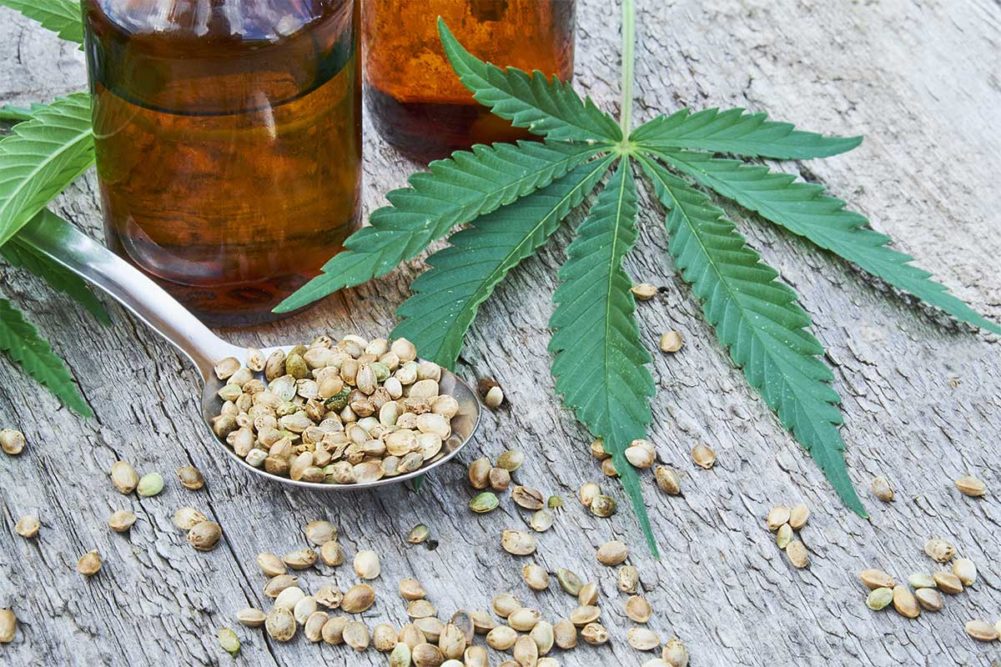KANSAS CITY — Uncertainty in the regulatory landscape around cannabidiol (CBD) in food is possibly hindering this market from really taking off, according to Tim Phillips, managing director of CBD-Intel, an independent data company specifically studying the CBD and cannabis markets. Mr. Phillips gave a report on current regulations around the world regarding CBD in a presentation during the Institute of Food Technologists’ FIRST virtual conference.
“There are very different approaches to CBD in food around the world,” Mr. Phillips said. “There are quite a lot of strict regulations at the moment, but it’s a situation that is constantly changing and I think we’ll see regulation changing and markets opening up.”
While there are many food products containing CBD in the market — food products being anything that is ingested whether it’s capsules, beverages or edibles — many of these products remain illegal at some level in North America and Europe. Despite murky legality, CBD has wide consumer acceptance and a robust demand and marketplace already in place that is forcing governing regulatory bodies to consider legality.
In CBD-Intel’s UK Consumer Survey, 78% of consumers think CBD should be available in food products, and 68% see CBD no different than any other vitamin or supplement. These attitudes are similar in the US, Mr. Phillips said.
In the US, 753 brands have CBD-containing products, and two-thirds are subject to food regulation.
“The Food & Drug Administration (FDA) has made it very clear that CBD cannot be added to food products because it’s an active ingredient in an approved drug,” he explained. “That’s changing though, and it has to in order to keep up with the market because there are ingested products everywhere.”
In March 2020, the US FDA signaled that it would be open to offering a path for CBD to be regulated as a dietary supplement. Currently the consultation process remains open, and in May 2021 the Hemp Access and Consumer Safety Act was introduced to the US Congress.
In Canada, Health Canada does not differentiate between hemp, from which CBD is typically derived, and cannabis, unlike in the US. Because CBD is regulated as heavily as cannabis it is not a consumer product and only sold in dispensaries. As in the US, Health Canada opened a consultation in 2019 to allow CBD in food products and consumer food products can be found in the market anyway.
In the European Union (EU) and the United Kingdom, CBD is considered a novel food and must go through a novel food application process. During these approval processes, manufacturers must provide toxicology data and effective safety data. In the US and Canada enforcement of CBD regulations has been light, limited to only banning products that make medical claims. In the EU and UK, enforcement has been stricter with unapproved CBD food products being banned and pulled from shelves.
“In Europe, I think the UK will be first out of the gate with approved products, but it’s not a given,” Mr. Phillips said. “Europe is catching up in its novel food application process.”
In the US, Mr. Phillips noted that the delta-8 derivative of CBD, a CBD with psychoactive properties, could hinder regulatory progress, though he was quick to add that the future of federal restrictions on cannabis would be key to the future of CBD in food.
“We’re just at the start of regulation for CBD in food, and that will be a positive for consumers wanting consumer products,” he said. “We’ll see a huge growth in dietary supplement products.”






